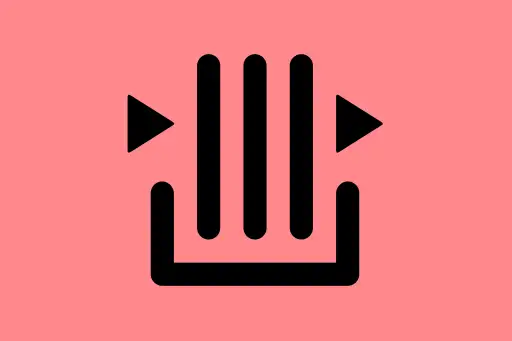Understanding Programming Errors
Syntax, Runtime, and Logic
What are Programming Errors?
In programming, errors are inevitable. Whether you're just starting out or an experienced developer, you'll run into different types of mistakes. These errors can stop your program from running or cause it to behave incorrectly.
Errors can be broadly classified into three categories:
- Syntax Errors
- Runtime Errors
- Logic Errors
Syntax Errors
These are mistakes in the structure or rules of the code. Every programming language has a specific syntax, and breaking that syntax will result in an error.
Example: Missing closing parenthesis or incorrect indentation.
function sayHello
print("Hello, world!"SyntaxError: Missing closing parenthesis
Explanation: The code above is trying to define a function to print a message, but it forgot to close the parentheses. This is a syntax error, and the code will not even compile or start running.
Question:
Will the program execute if it contains a syntax error?
Answer:
No. The interpreter or compiler will stop immediately and throw an error before executing any line of code.
Runtime Errors
These occur during the execution of the program. The syntax is correct, so the program starts, but it crashes partway due to unexpected issues like division by zero, accessing invalid memory, or using undefined variables.
Example: Dividing a number by zero.
number = 10
divider = 0
result = number / divider
print(result)RuntimeError: Division by zero
Explanation: Although the syntax is correct, the program fails at runtime because dividing by zero is mathematically invalid. This kind of error often crashes programs unless handled properly.
Question:
Can runtime errors be predicted before execution?
Answer:
Sometimes. You can reduce runtime errors by writing defensive code and adding checks, but you can't always predict every scenario (like user input or missing files).
Logic Errors
These are the trickiest to detect because the program runs without crashing or showing an error — but it produces the wrong result. Logic errors are caused by flawed algorithms or incorrect assumptions.
Example: Calculating the average incorrectly.
numbers = [10, 20, 30]
total = numbers[0] + numbers[1] + numbers[2]
average = total / 2
print("Average is", average)Average is 30
Explanation: The correct average of 10, 20, and 30 is 20. However, the program incorrectly divides the sum by 2 instead of 3. This is a logic error — the syntax is fine, the program runs, but the logic is incorrect.
Question:
Why are logic errors hard to find?
Answer:
Because the program doesn’t crash — it just behaves incorrectly. You usually catch them through testing, debugging, or by checking whether the outputs match the expected results.
Summary Table
| Error Type | When It Occurs | Example | Result |
|---|---|---|---|
| Syntax Error | Before program runs | Missing parenthesis | Program doesn't start |
| Runtime Error | While program is running | Divide by zero | Program crashes |
| Logic Error | After program runs | Incorrect formula | Wrong output |
Key Takeaways
- Syntax errors stop the program from even starting.
- Runtime errors crash the program mid-way.
- Logic errors silently produce incorrect results.
How to Deal with These Errors
- Syntax Errors: Use linters or IDEs that highlight mistakes.
- Runtime Errors: Write safe code using checks and exception handling.
- Logic Errors: Use test cases, dry runs, and print statements for debugging.













Comments
Loading comments...